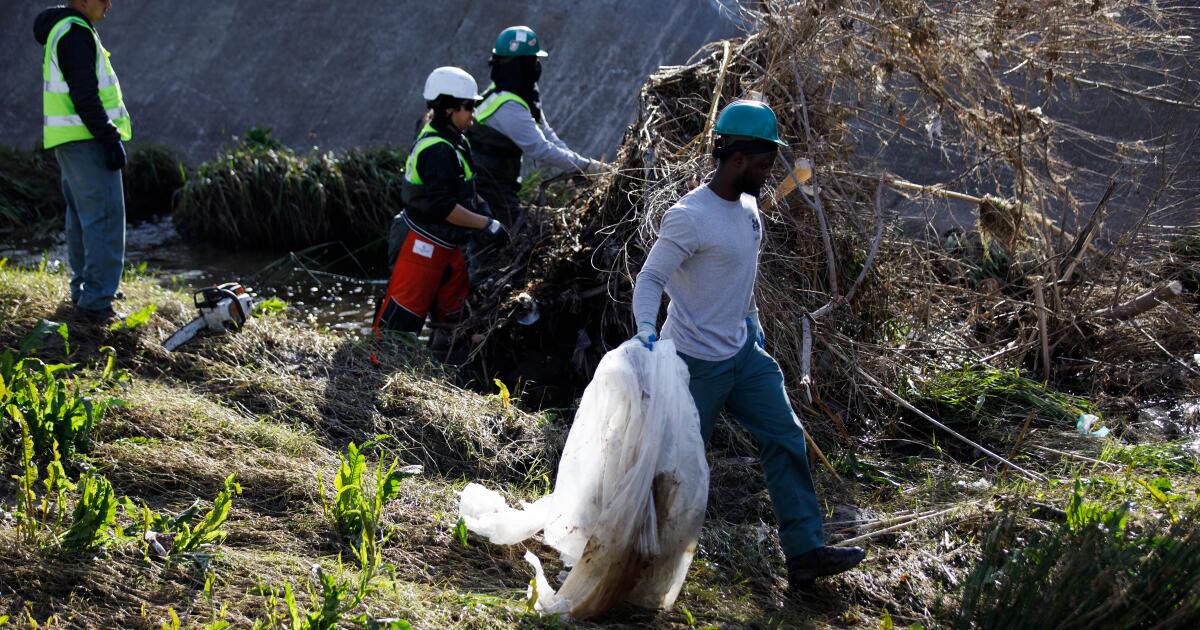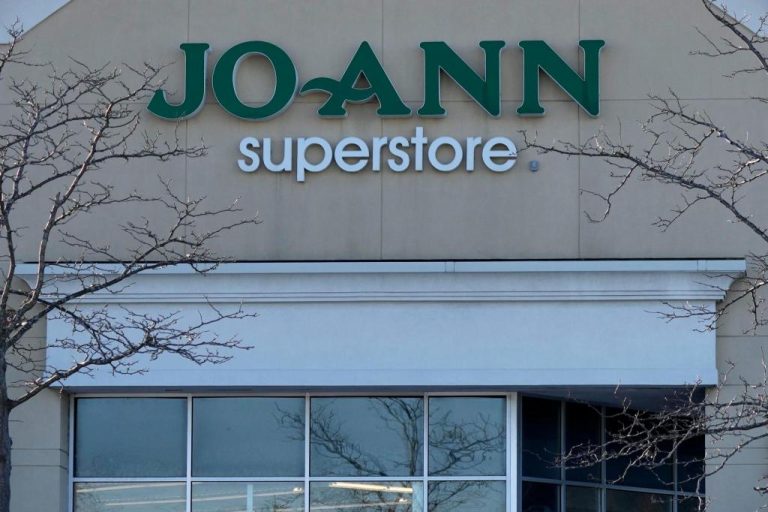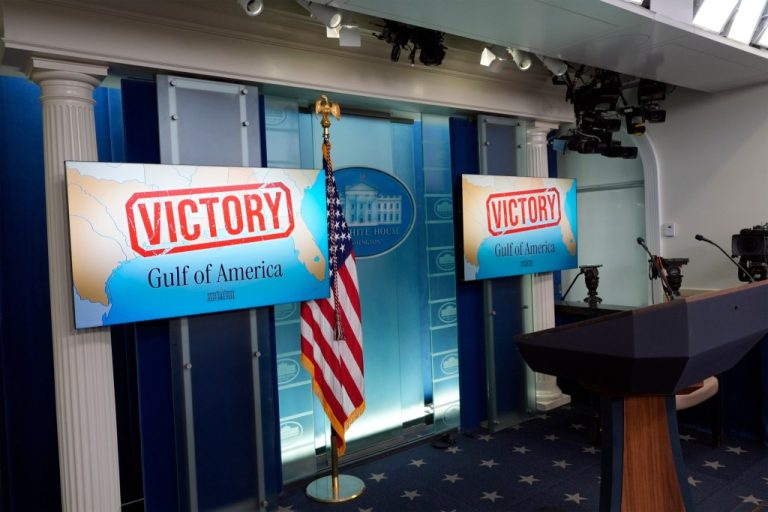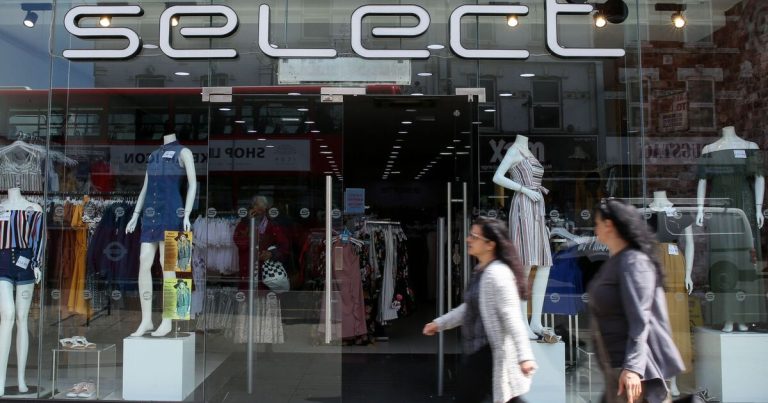
San Diego Council President Sean Elo-Rivera is moving to revive a proposed water quality tax to pay for flood prevention and anti-pollution efforts, days after a fierce rain storm overwhelmed the city’s failing stormwater system and inundated neighborhoods.
Elo-Rivera said Wednesday that he will spearhead efforts to place the proposed tax on the November ballot, where it will need support from more than two-thirds of city voters for approval.
A previous version of the tax would have cost an owner of a typical single-family home about $144 a year and a typical business about $200 a year. The previous effort was abandoned in 2022 after polls showed inadequate support.
Elo-Rivera said it’s time to try again.
“The need for this has been clear for years, well before last week’s storm,” he said. “We are relying on an underfunded, outdated 20th century stormwater system to meet 21st century challenges and protect lives and property — and it’s getting worse every year.”
San Diego’s deficit for stormwater projects — the gap between the money the city has and the amount needed — has risen to $1.6 billion because the city’s stormwater fee is only a small fraction of what other cities charge, he said.
Stormwater projects include flood prevention efforts, such as clearing clogged flood channels and fixing old pipes, as well as water-quality efforts, like reducing how much bacteria, metals, trash and sediment flow into local waterways.
Elo-Rivera said details about how precisely the tax would generate revenue haven’t been determined, but previous efforts have focused on raising the city’s stormwater fee. The most recent previous effort was projected to have generated about $85 million a year.
Mayor Todd Gloria said Wednesday that current fee is about 95 cents per house each month, while the true cost of what the city must do to prevent floods and water pollution is closer to $10 per home a month.
“That difference is why we have been unable to maintain the storm channel system the way we would like to,” the mayor said.
While Gloria didn’t mention the proposed tax or a ballot measure, he said something has to change.
“We have to have more revenue — there’s no two ways about it,” he said.
Like Elo-Rivera, Gloria said San Diego needs to address a problem that will only get worse.
“We live in a community that is known for perfect weather and generally arid conditions, but the climate is changing and it’s calling into question how we’re going to finance the system,” Gloria said.
Elo-Rivera said his support for the water quality ballot measure doesn’t mean he won’t also support a separate possible November ballot measure that would raise the sales tax in the city by 1 percent.
He said the two measures should be viewed as complementary, not competitive.
“We have massive infrastructure needs, we have a massive, massive structural budget deficit, and no one measure can address all of our strategic goals,” Elo-Rivera said.
Elo-Rivera said last week’s loss of homes and property, mostly in low-income neighborhoods in southern parts of the city that have been neglected for years, shows how crucial it is to boost flood prevention.
“Over the past week, we’ve seen, heard and felt the effects of a stormwater disaster,” he said. “Individual lives and our city will be forever changed.”
Elo-Rivera said ballot measures are appropriate when the city faces a pressing need.
“This is the tool available to me to address major issues, and I refuse to let another election go by without taking a chance at solving a problem that’s plagued our city for generations,” he said. “The people who were impacted by last week’s flooding are crying out for us to do something — anything — about the crisis they’re now facing and the crises they will continue to face if we don’t act.”
Polling conducted two years ago showed support between 59 percent and 62 percent of voters, well below the two-thirds needed for approval. But that was before last week’s storm shed new light on the problem.
Los Angeles County voters approved a water quality tax in 2018 that is raising $285 million a year.







